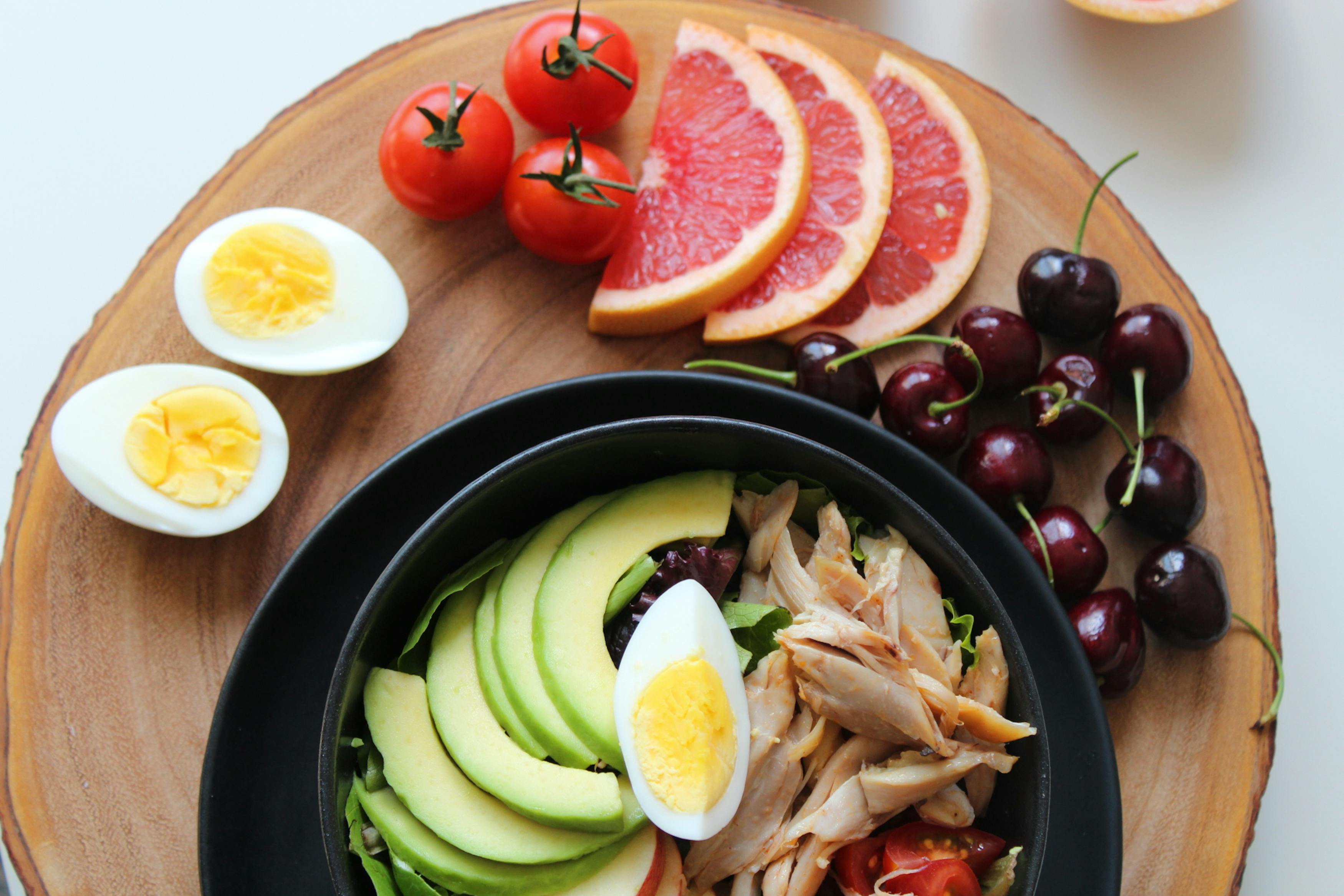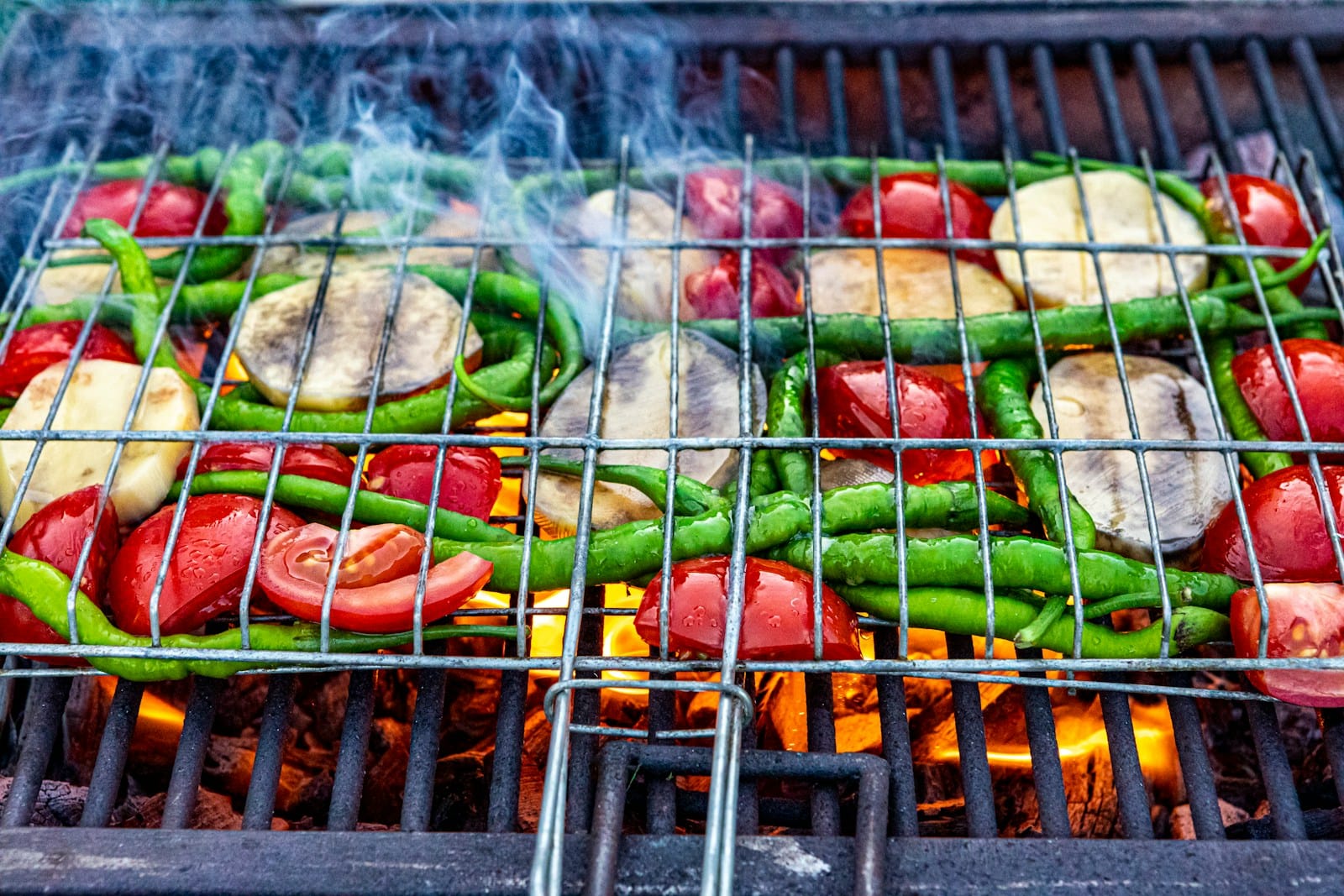Best Fertility Foods When Trying to Get Pregnant: Nutritional Choices to Boost Conception
If you’re trying to get pregnant, what you eat can make a real difference. Nutrition is a big piece of the fertility puzzle for both women and men. Whole grains, fruits, veggies, fish, and plant proteins are all great for boosting fertility and getting your body ready for pregnancy.
When you’re planning a fertility-friendly diet, reach for nutrient-packed foods like berries, which have folate and zinc. Salmon is another solid pick, loaded with omega-3 fats and DHA. These can help cut down on inflammation, balance out hormones, and maybe even improve egg quality. Plus, those healthy fats are really important for your baby’s brain once you do conceive.
And let’s not forget about men here. Your partner’s nutrition matters just as much. He brings half of what’s needed to make a baby, after all. Eating a balanced diet with the right nutrients can help with infertility issues and give you both the best shot at conception.
Essential Nutrients for Fertility
Your body needs certain nutrients to support conception and a healthy pregnancy. These help with egg quality, hormone balance, and creating a good environment for an embryo.
The Role of Folate, Iron, and Vitamin D
Folate is super important when you’re trying to get pregnant. It helps prevent neural tube defects and supports cell division. Aim for 400-800 mcg daily, from food or a prenatal supplement.
Iron delivers oxygen to your cells and supports egg health. Low iron can cause anemia, which isn’t great for ovulation. You’ll find iron in:
- Lean red meat
- Spinach
- Beans
- Fortified cereals
Vitamin D is key for reproductive health. Studies suggest that good vitamin D levels may improve fertility and pregnancy outcomes. Your body makes vitamin D from sunlight, but you can also get it from fatty fish, egg yolks, and fortified foods.

Sources of Healthy Fats and Omega-3 Fatty Acids
Omega-3s help reduce inflammation and keep hormones in check. DHA, a type of omega-3, is especially good for egg quality and your baby’s brain.
Some top omega-3 foods:
- Salmon (try for 2-3 servings per week)
- Sardines
- Walnuts
- Flaxseed
- Chia seeds
These fats also help your body absorb the vitamins it needs for reproductive health. Avocados, olive oil, and nuts give you monounsaturated fats that support hormone function and egg health.
Protein, Zinc, and Choline for Reproductive Health
Protein builds hormones and reproductive tissues. Try to eat a mix of plant and animal proteins.
Zinc helps with egg development, hormone production, and ovulation. Men need it for healthy sperm too. Foods with lots of zinc:
- Oysters
- Beef
- Pumpkin seeds
- Beans
Choline is important for preventing neural tube defects and supporting the placenta. Eggs are your best bet here. One egg gives about 25% of what you need for the day. Liver, fish, and soybeans are other good sources.
Best Fertility Foods to Eat When Trying to Get Pregnant
Top Fruits, Vegetables, and Greens
Fruits and veggies are packed with nutrients that support fertility. Berries are loaded with antioxidants that help protect eggs. Blueberries, strawberries, and raspberries are all great.
Dark leafy greens like spinach have folate, which helps prevent birth defects. Try to get at least one serving a day.
Colorful veggies offer different perks:
- Red peppers have vitamin C, which helps with hormone levels
- Tomatoes provide lycopene for egg health
- Beets might help blood flow to your reproductive organs
Fruits with vitamin C, like oranges, kiwis, and grapefruit, help your body absorb iron better.
Asparagus brings nutrients that support your menstrual cycle and egg health.
Whole Grains, Legumes, and Plant-Based Foods
Whole grains help balance your blood sugar, which is important for hormone regulation. Brown rice, quinoa, and oatmeal beat out refined carbs.
Beans and lentils give you plant-based protein and fiber, which can help with weight and hormone levels. They’re also full of iron, which you need for ovulation.
Try mixing in:
- Chickpeas (protein and B vitamins)
- Black beans (antioxidants and folate)
- Corn (fiber and minerals)

Getting more protein from plants than animals may improve fertility. Try to include plant proteins in at least one meal a day.
Seafood, Dairy, and Other Animal-Based Foods
Seafood like salmon and sardines are loaded with omega-3s, which help your baby’s brain and improve egg quality. Try having fish a couple of times a week.
Eggs are often called “nature’s multivitamin” because they’re rich in choline.
Some research suggests full-fat dairy might be better for fertility than low-fat. Women who eat more full-fat dairy seem to have better ovulation rates.
Good dairy picks:
- Greek yogurt (protein and probiotics)
- Cottage cheese (selenium and calcium)
- Cheese (vitamin D and protein)
Healthy Fats, Seeds, and Nuts
Healthy fats are vital for hormone production and fertility. Avocados have monounsaturated fats and potassium that support reproductive health.
Seeds and nuts are great for nutrients:
- Walnuts have omega-3s that may help egg quality
- Sunflower seeds are high in vitamin E, which is good for sperm health
- Flaxseed has lignans that help balance hormones
A handful of nuts or seeds each day can help your fertility. Toss them on yogurt or salads.
Olive oil is another healthy fat that cuts inflammation and helps with hormone balance. Use it for cooking or in salad dressings instead of processed oils.
Lifestyle and Dietary Factors Affecting Fertility
Your habits and daily choices can really impact your chances of getting pregnant. What you eat, drink, and do every day affects your reproductive health in ways that aren’t always obvious.
Foods and Habits to Limit or Avoid
If you’re trying to conceive, some foods and habits can make things harder. Alcohol is one of the first things to cut out. Studies show it can lower fertility for both men and women. Even moderate drinking might make it tougher to conceive.
Caffeine should be limited to about 200mg a day (think one regular cup of coffee). Too much caffeine has been linked to fertility problems and higher miscarriage risk.
Processed foods and those with trans fats often have chemicals that mess with hormones. These foods can also cause inflammation, which isn’t great for your reproductive system.
Smoking is especially bad for fertility. It damages eggs and sperm, and speeds up egg loss in women. Quitting can help restore fertility, sometimes within a year.
Optimizing Blood Flow and Reducing Inflammation
Good blood flow to the uterus is important for implantation and keeping a pregnancy going. Foods high in antioxidants can help with circulation and reduce inflammation.
Try adding these to your meals:
- Leafy greens (spinach, kale)
- Berries (blueberries, strawberries)
- Citrus fruits
- Beets
- Walnuts and other nuts
Anti-inflammatory foods like fatty fish, olive oil, and turmeric can help create a better environment for conception.
Regular, moderate exercise boosts blood flow and helps you keep a healthy weight, which is key for hormone balance and ovulation. Even a daily 30-minute walk can make a difference.
Managing Polycystic Ovary Syndrome (PCOS) with Diet
Polycystic Ovary Syndrome (PCOS) affects up to 10% of women and is a common reason for infertility. Diet is a big part of managing PCOS and improving fertility.
A low-glycemic diet helps control insulin, which is important for women with PCOS. Go for complex carbs like whole grain crackers, quinoa, and brown rice instead of sugary foods.
Protein-rich meals help balance blood sugar. For breakfast, try Greek yogurt with berries and nuts. For dinner, tacos with beans and lean protein work well.
Healthy fats from avocados, olive oil, and nuts support hormone production. A simple pesto with basil, pine nuts, and olive oil can add healthy fat to meals.
Eating smaller, more frequent meals may help keep blood sugar steady throughout the day. Many women with PCOS find this approach easier than sticking to three large meals.
Frequently Asked Questions
People often wonder how food really affects fertility. The right diet can help both men and women improve their chances of getting pregnant.
What dietary changes can women make to improve egg quality for conception?
Women can boost egg quality by eating more foods rich in antioxidants. Fresh fruits and veggies like berries, citrus, and leafy greens are especially helpful.
Healthy fats matter too. Add avocados, olive oil, and fatty fish like salmon to your meals for those good omega-3s.
Try to cut back on processed foods, extra sugar, and trans fats. These can cause inflammation and hurt egg quality. Stick with whole foods as much as you can.
Are there specific foods to focus on during ovulation to increase chances of pregnancy?
During ovulation, eat more foods with vitamin B6. This vitamin helps keep hormones regulated and is found in bananas, chickpeas, and potatoes.
Pineapple has bromelain, which some people think might help with implantation. There’s not a ton of science behind it, but it’s a healthy fruit to include.
Zinc-rich foods like oysters, pumpkin seeds, and lean beef are also good. Zinc supports healthy ovulation and egg development.
Which nutrients are most critical for male and female fertility enhancement?
Folate is a must-have for women. It prevents birth defects and helps with egg health. You’ll find it in dark leafy greens, citrus fruits, and beans.
For men, zinc and selenium are important for sperm health. Brazil nuts, seafood, and eggs are good sources.
Both partners benefit from antioxidants like vitamins C and E. These protect reproductive cells and are found in colorful fruits, veggies, nuts, and seeds.
Can particular foods or supplements increase the speed of getting pregnant?
There’s no magic food that will get you pregnant faster. Eating a balanced diet just helps your overall fertility health.
Some studies suggest a Mediterranean-style diet might shorten the time to pregnancy. That means lots of veggies, fruits, whole grains, fish, and olive oil.
Supplements like CoQ10, vitamin D, and fish oil might help some couples, but it’s best to check with your doctor before starting anything new.
How can diet support fertility for couples experiencing difficulty conceiving?
If you’re having trouble conceiving, focus on reducing inflammation. Anti-inflammatory foods include berries, fatty fish, and turmeric.
Managing blood sugar is also important. Pick complex carbs like whole grains and beans instead of simple sugars and refined carbs.
Sometimes, food sensitivities can play a role in fertility. If you suspect something’s off, working with a nutritionist can help you figure out if certain foods are a problem.
What are some effective nutritional strategies for boosting fertility in women over 30?
For women over 30, bumping up antioxidants is a smart move. These helpful compounds can counter some of the age-related changes in eggs, and you’ll find them in plenty of colorful fruits and veggies.
Healthy fats really matter as you get older. Try to work in foods with omega-3s, like walnuts, flaxseeds, or fatty fish, a few times a week. It’s not always easy, but it’s worth it.
Protein quality is another thing to think about. Go for complete proteins—think eggs, fish, or lean poultry. These provide all the essential amino acids your body needs for reproductive health.


